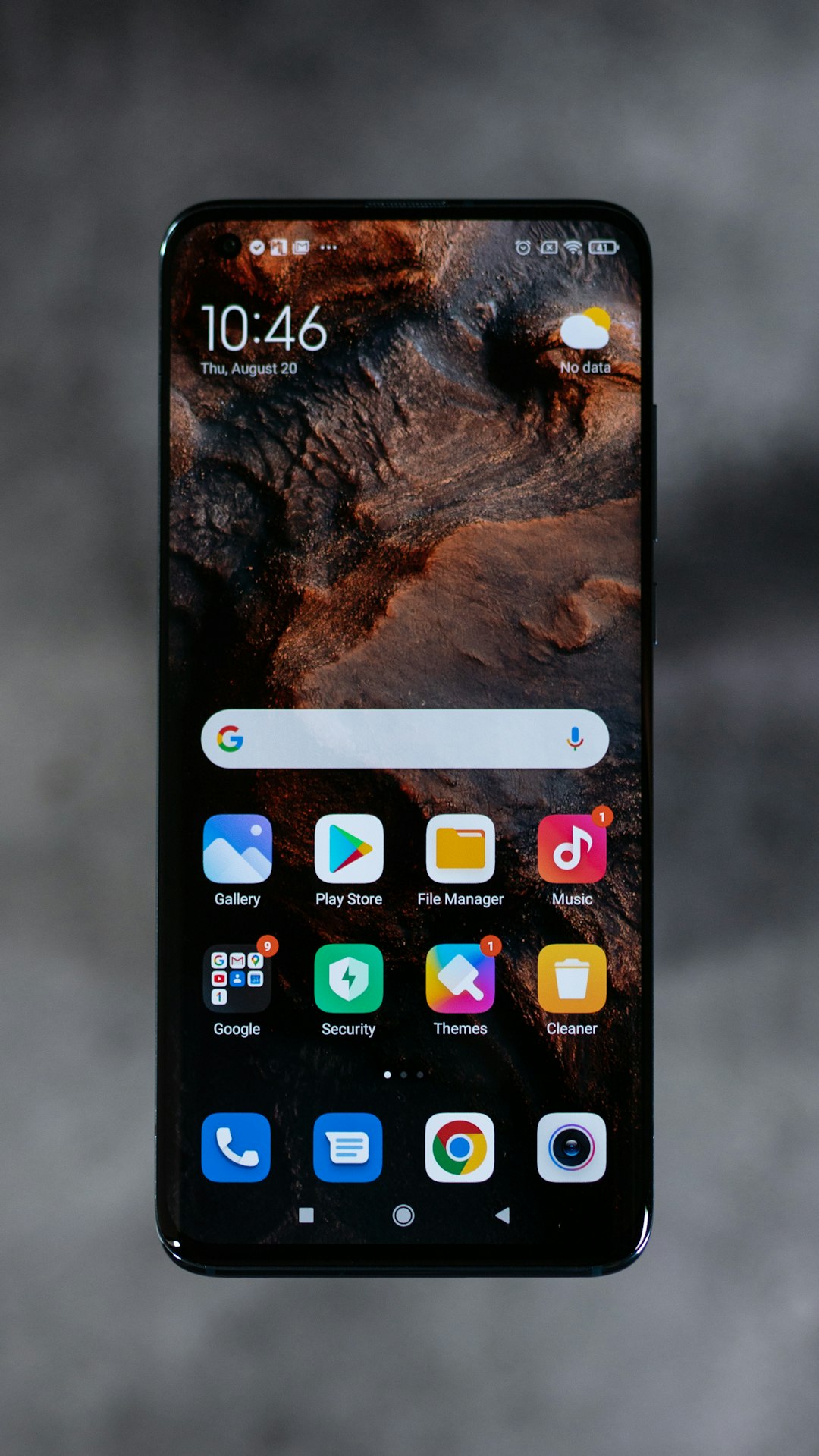In New Hampshire, the 'Do Not Call' lists protect residents from unwanted telemarketing calls, including those from law firms and attorneys. This regulation provides peace and privacy for sensitive legal matters. While it aids consumer protection, it challenges local non-profits and community initiatives' fundraising efforts due to blocked communication channels. Businesses must respect preferences to maintain reputations; specialized attorneys guide companies through these regulations. The state's strict telemarketing rules prioritize consumer protection, requiring lawyers and law firms to obtain explicit consent, honor call frequency choices, provide transparent info, and ensure truthful marketing materials.
In an era driven by digital connectivity, telemarketing remains a powerful tool shaping communities in New Hampshire. This article delves into the multifaceted impact of outbound sales calls on the Granite State’s residents and businesses. From understanding the vast reach of telemarketing in NH to exploring its pros and cons for local enterprises, we examine consumer perspectives on do-not-call lists. Additionally, we navigate the regulatory landscape, highlighting ethical practices for marketers while considering the role of a do not call lawyer New Hampshire or do not call attorney NH.
Understanding Telemarketing and Its Reach in New Hampshire
Telemarketing, a practice that involves businesses reaching out to potential customers via telephone, has become an integral part of modern marketing strategies. In New Hampshire, as in many other states, this method has been both embraced and regulated to protect residents from unwanted calls. The state’s laws, including Do Not Call lists, are designed to give citizens control over their communication preferences, ensuring peace and privacy for all.
With a vast number of businesses operating within the state, New Hampshire residents often find themselves on the receiving end of various telemarketing calls, including those from law firms and lawyers promoting their services. This is where the ‘Do Not Call’ lists come into play, allowing individuals to register their numbers to avoid such calls. The impact of this practice is significant, as it empowers residents to manage their communication and protects them from intrusive marketing efforts, especially when it comes to sensitive legal matters.
The Pros and Cons of Telemarketing Campaigns for Local Businesses
Telemarketing campaigns can offer significant advantages for local businesses in New Hampshire. One of the key benefits is expanded reach; it allows small businesses to connect with a larger audience, including potential customers who may not have otherwise known about their services. This is particularly useful for niche industries or startups looking to establish themselves in the market. Moreover, telemarketing can be cost-effective, as it eliminates the overhead of physical stores and allows for targeted advertising, ensuring that marketing efforts are directed towards specific demographics. It’s also an efficient way to gather customer data, which can aid in tailoring future campaigns.
However, there are potential drawbacks to consider, especially when contrasted with more traditional marketing methods. For instance, some consumers in New Hampshire find telemarketing calls intrusive and may perceive them as unwanted or even annoying. This sentiment is often fueled by the prevalence of “Do not call” lists, which many residents have registered to opt-out of such calls. Furthermore, while telemarketing can generate leads, it may not always result in actual sales, leading to potential wastage of resources if not properly managed. Businesses must exercise caution and respect consumer preferences to avoid negatively impacting their reputation.
Consumer Perspective: Do Not Call Lists and Their Impact on Community Engagement
For consumers in New Hampshire, managing telemarketing calls can be a significant challenge. While many residents opt-in to Do Not Call Lists to reduce unwanted sales pitches, this measure has unintended consequences on community engagement. Legitimate organizations, such as local non-profits or community initiatives, often struggle to connect with potential supporters through traditional means, hindering their ability to raise funds and spread awareness for important causes.
The presence of Do Not Call Lists creates a barrier between these groups and citizens who might be willing participants or donors. This is particularly impactful in New Hampshire communities where grassroots efforts and volunteerism thrive. As more people sign up for these lists, the potential for community involvement decreases, leaving local organizations to navigate alternative, often more costly, methods of reaching their target audiences.
Regulatory Framework and Best Practices for Ethical Telemarketing in NH
New Hampshire has established a robust regulatory framework to govern telemarketing practices within its communities, ensuring consumer protection and promoting ethical business conduct. The state’s laws, particularly those related to the “Do Not Call” lists, are designed to give residents control over their communication preferences. Individuals can register their phone numbers on the state’s official Do Not Call Registry, effectively blocking unsolicited calls from various sources, including lawyers, law firms, and attorneys.
Best practices for ethical telemarketing in New Hampshire involve adhering to strict guidelines. Telemarketers must obtain explicit consent before calling, respect consumer choices regarding call frequency, and provide clear information about the purpose of the call. Additionally, they should ensure that their marketing materials are truthful, not misleading, and comply with all relevant regulations, including those specific to legal services. Lawyers and law firms operating in NH should be particularly mindful of these practices to maintain transparency and build trust within the community.






